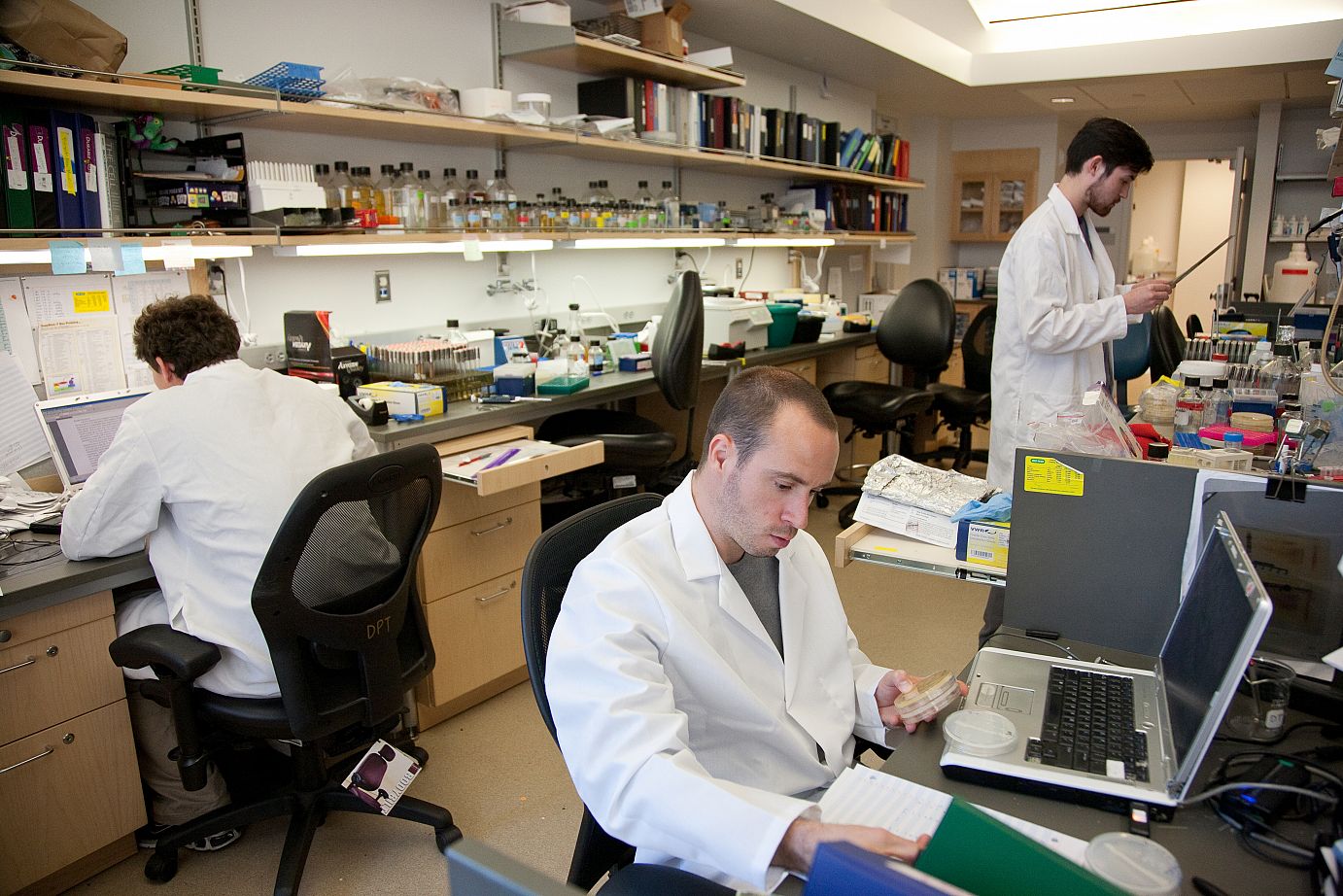
Note: Co-author Elizabeth Boyd is the director of CTSI's Regulatory Knowledge and Support (RKS) program. Engaging University of California Stakeholders for Biorepository Research (EngageUC) is a supplement to the CTSI NIH grant. EngageUC aims to develop an ethical, efficient and sustainable system for obtaining, processing and sharing biospecimens and data.
By Elizabeth A. Boyd and Daniel Dohan
Personalized medicine, based on increasingly detailed and useful information about a patient's health and disease status, is allowing health care providers to better tailor treatment to individual patients for better outcomes. So far, we have only glimpsed the possibilities. In the future, it is possible that genetically driven precision medicine will guide not just treatment but also how we prevent disease and preserve health.
We don't yet know how far this infant science will develop. Further progress depends on the support of patients and on the protection of sensitive patient data.
Each day, at UC San Francisco, clinicians use blood tests or tissue biopsies to diagnose illness or monitor patients' health. Used this way, these samples help each individual patient. But, in addition, the "remnant" samples - blood or tissue that remains after all clinical tests have been completed - have the potential to help large numbers of people when they are used in medical research.
Read more at SFGate.
Related News: Should Patients Understand That They Are Research Subjects?
Biological Material Laws Need Refining
